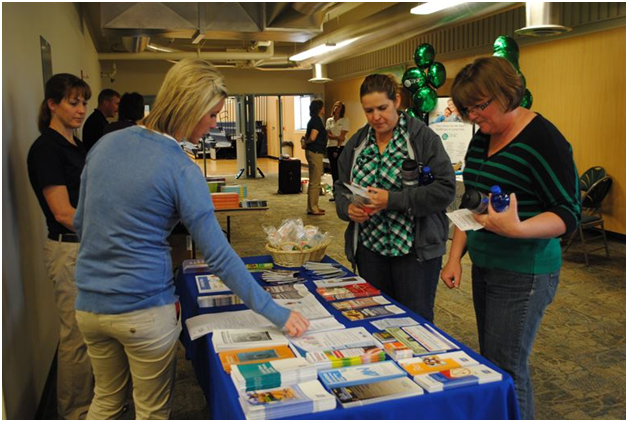An Essential Guide for Health and Safety at Your Next Event
If you’re organising an event, no matter how big or small it is, it’s vital that you consider all the relevant health and safety aspects. Providing a duty of care to those who attend the event and your staff will help to prevent them coming to any harm and can allow you to plan for any emergency situations that may arise. Here’s what you need to consider.
Assess Your Venue’s Suitability
Carry out an assessment of your venue’s suitability, taking into account all the activities that will take place there and the number of people who will attend. Ascertain whether the capacity of the venue is appropriate and if there is enough space for attendees to comfortably sit, stand or walk around.
Consider the feasibility of pedestrians and vehicles accessing the venue, including those using wheelchairs or pushchairs.
Are there are potential hazards that may exist on the venue’s site? This should include considering if it is exposed to high winds or flooding.
Make an assessment of the facilities on both the site and in the local area to cover aspects such as transport links or access to emergency services.
Perform a Risk Assessment
As the organiser of any event, it’s crucial to carry out a risk assessment before the event takes place. Think about aspects such as trip or equipment hazards, weather hazards, including slippery floors, hazards that might affect staff, youngsters or the elderly, first aid and fire hazards, catering risks and if there are any hazards associated with managing crowds.
Once you’ve identified all of the potential risks, you then need to rate them according to how much of a risk they pose.
According to the Health and Safety Executive, you should provide your employees and others, including contractors, with relevant information on any risks to their health and safety identified by your risk assessment.
Create an Emergency Plan
Identify how you would deal with any of the risks. At the very least, make sure you have adequate event medical cover – Outdoormedicalsolutions provide event medical cover, for instance.
In particular, focus on providing solutions to those risks that you have rated most highly. Once you have developed your emergency procedures, make sure everyone involved is aware so that they know what to do if an emergency arises.




